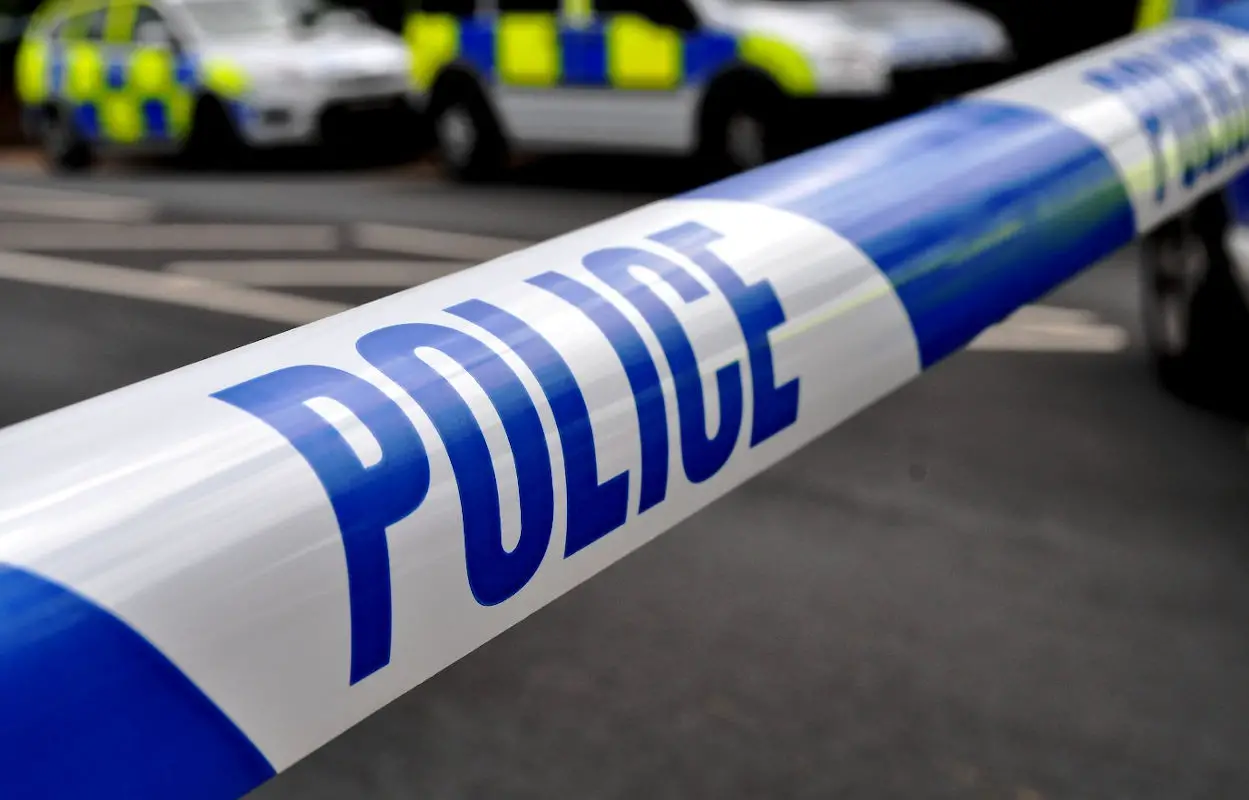The number of people — including children — killed or seriously injured in traffic accidents on the Isle of Wight is significantly higher than the national average.
The number of people seriously hurt or killed on the Isle of Wight’s roads has steadily increased over the past few years.
Rising trend
In 2016, 78 people were badly hurt or killed, rising to 82 in 2017 and 83 last year.
The latest figures, released by the Department for Transport, have revealed an average of 88 people are killed or seriously injured on roads in the south east every week.
Three people were killed on the Island last year — one pedestrian, one motorcyclist and one car driver — and more than 36 people were seriously injured in car accidents. The remaining 44 were injured.
Significantly higher than national average
According to the latest report published by the Isle of Wight Community Safety Partnership (CSP), an average of 57.7 people per 100,000 were killed or seriously injured on the roads between 2015 and 2017 — significantly higher than the national average of 40.8 people.
The number of under-16 year-olds killed or injured during the same period was 33.2 per 100,000 — ‘statistically significantly worse’ than the national average of 17.4 per 100,000.
“An alarming picture”
Following National Road Safety Week, Joshua Harris, director of campaigns for road safety charity Brake, said:
“These findings paint an alarming picture of the danger on the south east’s roads and yet it’s what we’re all exposed to, every day, when getting about.
“We shouldn’t have to accept this level of risk as part of our daily lives and so we are calling on everyone to step up for road safety and shout out for the solutions that we know can make our roads safe.”
On the Island, the police and fire service work together to provide road safety education, which Superintendent Sarah Jackson, district police commander for the Island, said was key.
Road safety about more than policing
Speaking at a meeting of the CSP last month, she said:
“We have a really skilled set of individuals who have dealt with some very serious incidents in recent months.
“Road safety isn’t just about policing — it is very much about education.
“No matter how serious an accident is, one accident in a particular location isn’t necessarily indicative of a problem in that location and we need to look at the wider bit.
“We will always look at how we can work together to reduce that — no matter what the crime type.”
This article is from the BBC’s LDRS (Local Democracy Reporter Service) scheme, which OnTheWight is taking part in. Some alterations and additions may be been made by OnTheWight. Ed
Image: Ray Forster under CC BY 2.0





